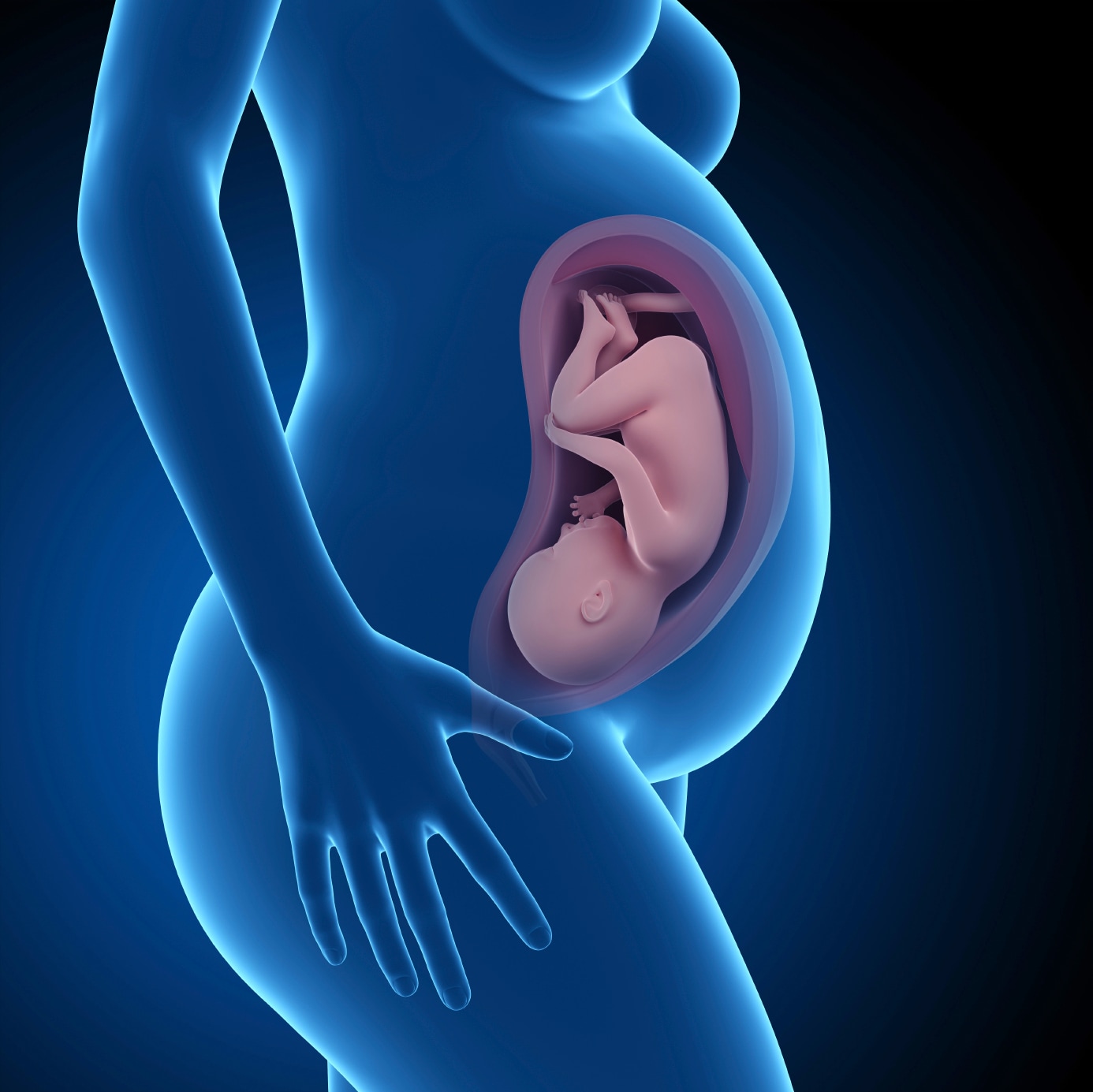A diet high in fat and sugar (HFHS), for even a limited period before conception, could compromise maternal metabolic physiology, impair lactation, and potentially harm neonatal outcomes, according to scientists from the Centre for Trophoblast Research at the University of Cambridge.
Published in the journal Acta Physiologica, the researchers said that due to a "Western style" diet, featuring foods such as such as burgers, fries, and fizzy drinks, the majority of women in developed countries are now overweight or obese at the point of conception. This leads to problems in both achieving and maintaining a healthy pregnancy, they explained. Increased BMI is associated with an increased risk of infertility, pregnancy loss, complications, compromised foetal development and wellbeing, as well as a greater risk of the infant developing health problems during childhood and hypertension, heart disease, diabetes, and obesity in adult life.
Obesity in Pregnancy 'a Global Health Threat'
Obstetric health care costs are 23% higher for overweight and 37% higher for obese mothers compared with healthy weight women, the authors added. "Combined with the programming effects of obesity on offspring disease risk later in life, this renders maternal obesity not just an increasing strain on national health services, but a global health threat."
While overweight/obesity is readily recreated in mice, most studies focus on the effects of chronic, long-term HFHS diet exposure. The team instead exposed mice to HFHS - a diet of processed high fat pellets with sweetened condensed milk, designed to mimic the nutritional content of a fast-food burger, fries, and sugary soft drink - from 3 weeks prior to pregnancy, with the aim of determining impacts on fertility, gestational, and neonatal outcomes. They were compared with control animals who carried on eating normal chow, with 20 mice in each group.
High Fat High Sugar Diet Led to Fatty Livers
Their findings showed the HFHS mice had a greater increase in adiposity and lower gain of lean mass over the 3 weeks pre-pregnancy. Although there were no overt impacts on body weight or fertility, maternal metabolic physiology was negatively impacted, with reduced insulin secretion from the pancreas and excess fat deposited in the liver. Postnatally, there was a significant reduction in litter size at birth, aberrant development of mammary lobuloalveolar structures and milk protein production, and a higher number of HFHS mice’ pups did not survive during the lactational period.
Co-lead author Amanda Sferruzzi-Perri, professor in fetal and placental physiology at the University of Cambridge, said: "We wanted to know what was going on, because the mothers looked okay, they weren't large in terms of their size. But what we found was that although the mice seemed to have okay rates of getting pregnant, they did have greater amounts of adipose – fat tissue – in their body in and at the start of pregnancy.
"They ended up with fatty livers, which is really dangerous for the mum, and there was altered formation of the placenta. The weight of the fetus itself wasn't affected. They seemed lighter, but it wasn't significant. But what was also apparent was that the nutrition to the fetus was changed in pregnancy. Then when we looked at how the mum may be supporting the baby after pregnancy, we found that her mammary gland development and her milk protein composition was altered, and that may have been the explanation for the greater health problems of the newborn pups."
The clinical relevance of their study is that "when a woman of larger size is pregnant, clinicians are often most concerned about the risk of diabetes and abnormal baby growth. But in mums-to-be who look healthy, regardless of their food intake, subtle, but potentially dangerous changes in pregnancy may slip under the radar", the authors commented.
Prof Sferruzzi-Perri said: "Women eating diets that tend to have high sugar and high fat content may not realise what impact that might be having on their health, especially if there's not an obvious change in their body weight.
"They might have greater adiposity – higher levels of fat mass – which we know is a predictor of many health problems. That may not overtly impact on their ability to become pregnant but could have consequences for the growth of the baby before birth, and the health and wellbeing of the baby after birth."
She added: "We’re getting more and more information that a mother’s diet is so important. What you’re eating for many years before or just before pregnancy can have quite an impact on the baby’s development."
Cost of Living Crisis May Have Lifelong Implications
However she acknowledged: "It costs a lot of money to buy healthy food, to buy fresh fruit and vegetables, to buy lean meat. Often, the easiest and the cheapest option is to have the processed foods, which tend to be high in sugar and fat. With the cost of living going up, those families that are already deprived are more likely to be eating foods that are nutritionally low value, because they have less money in their pocket.
"That can have implications not just on their health and wellbeing, but also the health and wellbeing of their child. We also know that this is not only in the immediate period after birth, as unhealthy diets can lead to a lifelong risk of diabetes and heart disease for the child in the longer term. So, these diets can really create a continuum of negative health impacts, with implications for subsequent generations."
Lead Image Credit: E+/Getty Images



